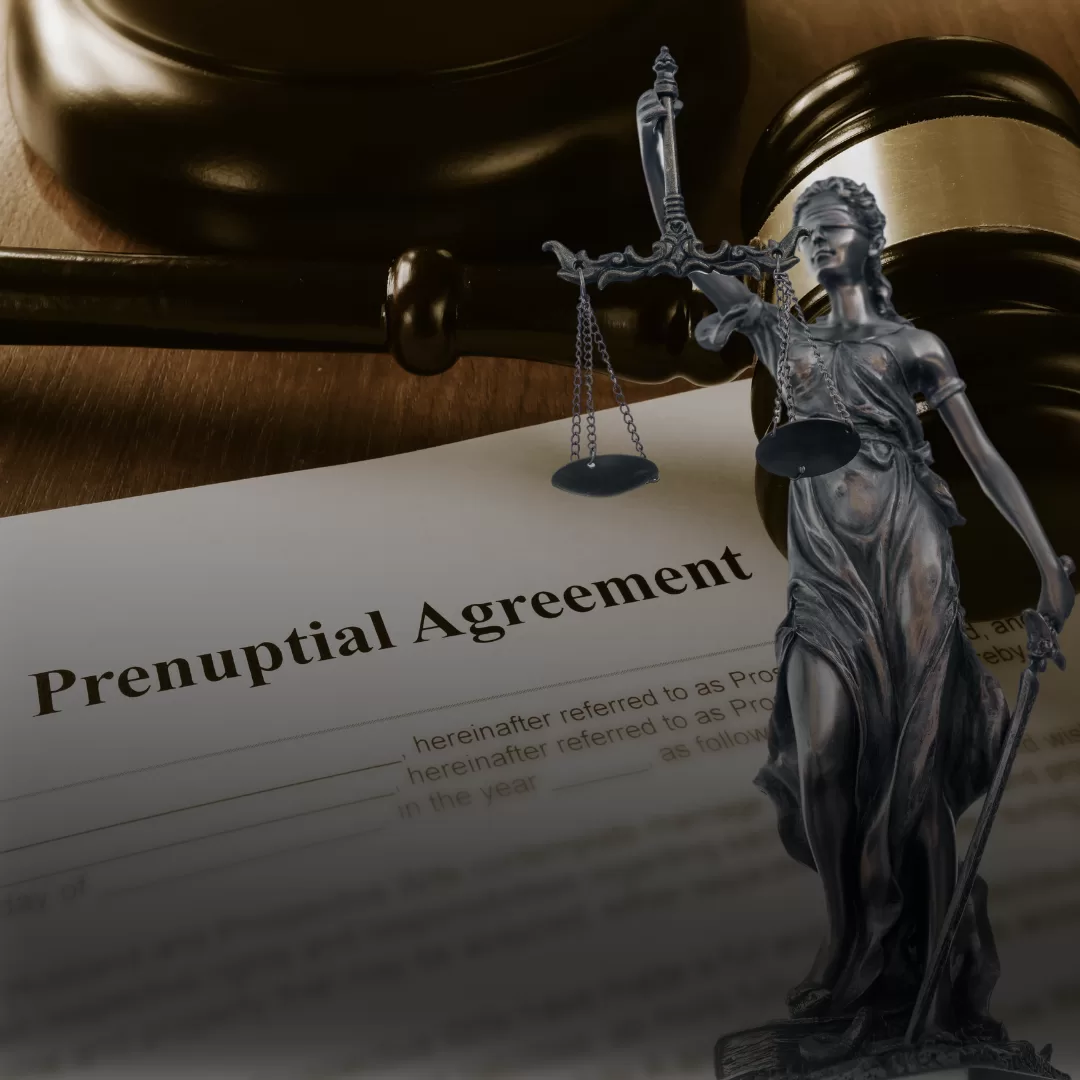Divorce can be challenging, and organizing your finances may feel overwhelming. However, managing your financial records, including MD divorce documents, is essential for a smoother process in Maryland.
Courts in the state require detailed documentation to ensure a fair distribution of marital property under Maryland’s equitable distribution laws. Clear and accurate financial records make the process smoother and reduce potential disputes. This guide explains why financial organization matters and how you can prepare effectively.
Why Financial Organization is Critical During Divorce
Maryland courts rely on accurate financial information to decide how to divide property and debts fairly. If your documents are organized, it’s easier for your attorney to protect your rights and avoid delays. Financial transparency is key to achieving a fair outcome.
Example
If you forget to provide records for a shared bank account, it could delay the case or lead to an unfair division of assets. By staying organized, you stay ahead of potential problems.
Actionable Steps
- Proactively gather your financial documents as early as possible.
- Maintain a detailed record of all assets, liabilities, income, and expenses.
- Use folders, digital tools, or secure cloud platforms to categorize and store documents.
- Set reminders or create a timeline to ensure all documents are up to date.
For tips on creating a detailed financial overview, visit Organize MD Divorce Documents and Financial Documentation.
How to Create Pre-Divorce and Post-Divorce Budgets
Budgeting is critical during and after the divorce. Maryland courts often examine your financial needs to decide support payments. A detailed budget helps you understand your financial position and plan for the future.
Pre-Divorce Budget
Gather Financial Information:
-
Income:
Gather all income sources for both spouses (salaries, bonuses, investments, rental income).
-
Expenses:
- Fixed Expenses: Housing (mortgage/rent, property taxes, insurance)
- Utilities (electricity, gas, water, internet)
- Transportation (car payments, gas, insurance, public transportation)
- Insurance (health, life, auto)
- Debt Payments (credit cards, loans)
-
Variable Expenses:
- Groceries
- Dining out
- Entertainment
- Clothing
- Childcare
- Healthcare (not covered by insurance)
- Pet expenses
- Donations
- Personal care
-
Debts:
List all shared and individual debts (mortgages, car loans, credit cards, student loans).
-
Assets:
List all marital assets (property, vehicles, bank accounts, investments, retirement accounts).
To help distinguish between marital and non-marital assets, read Marital and Non-Marital Property in Maryland.
Create a Detailed Budget:
- Use a spreadsheet, budgeting software (Mint, YNAB, Personal Capital), or a simple notebook.
- Categorize all income and expenses.
- Track all spending for a month or two to get an accurate picture of your spending habits.
Analyze Your Spending:
- Identify areas where you can cut back on expenses.
- Consider alternative, more affordable options for certain expenses.
Account for Legal Fees:
- Divorce can be expensive. Factor in legal fees, court costs, and potential expert witness fees.
Post-Divorce Budget:
-
Re-evaluate Income and Expenses:
- Adjust income to reflect your post-divorce income (including spousal support and child support).
- Re-evaluate expenses based on your new living situation (e.g., new housing costs, transportation costs).
- Account for any changes in child-related expenses (childcare, education).
-
Set Financial Goals:
- Short-term goals: Pay down debt
- Build an emergency fund (3-6 months of living expenses)
- Long-term goals: Save for retirement
- Save for children’s education
- Purchase a new home
- Plan for future travel
- Short-term goals: Pay down debt
-
Regularly Review and Adjust:
-
- Life changes, and so do your financial needs.
- Review and adjust your budget regularly to reflect these changes.
Tips:
- Be realistic: Don’t underestimate your expenses.
- Communicate with your attorney: Discuss your budget with your attorney to ensure it aligns with your legal strategy.
- Consider financial counseling: A financial counselor can help you create a budget, develop a financial plan, and make informed financial decisions.
By carefully creating and maintaining pre-divorce and post-divorce budgets, you can gain control of your finances, reduce stress, and make informed decisions during and after your divorce.
Key Financial Documents to Gather Under Maryland Law
Maryland requires both parties to disclose their financial information fully. Courts use this information to evaluate property division, support payments, and other financial matters. Gather these documents early to avoid delays:
- Income Records: Pay stubs, tax returns, W-2s, and profit/loss statements.
- Assets: Bank account statements, property deeds, retirement accounts, and investment records.
- Debts: Mortgage statements, credit card bills, and loan agreements.
- Expenses: Receipts for utilities, groceries, childcare, healthcare, and other living costs.
Pro Tip: Create a dedicated folder for these documents, make copies, and consult your attorney to ensure all requirements are met. Learn more about Maryland’s transparency requirements in Why Financial Disclosure Divorce in Maryland Matters.
Tools and Checklists for Documenting Assets and Liabilities
Using tools and checklists ensures that you don’t miss important details. Maryland courts expect comprehensive financial records, so thorough documentation is essential.
Checklist Example:
- Tax returns (last 3-5 years).
- Bank account statements (personal and joint).
- Retirement account statements (401(k), IRA).
- Mortgage and loan documents.
- Household inventory (furniture, electronics, etc.).
Helpful Tools:
- Use online templates or apps to create a detailed list of assets and liabilities.
- Store scanned copies of documents on a secure cloud platform like Google Drive or Dropbox for easy access.
- Back up documents to avoid potential technical failures.
Maryland Divorce Considerations
Learn more about this at Marital and Non-Marital Property in Maryland
Next Steps
Don’t wait—start organizing your financial documents today to avoid delays in your Maryland divorce case. Contact us for personalized legal guidance and ensure a smoother process. If you need assistance, consult a Maryland family law attorney or visit our blog for more insights into the divorce process in Maryland.






